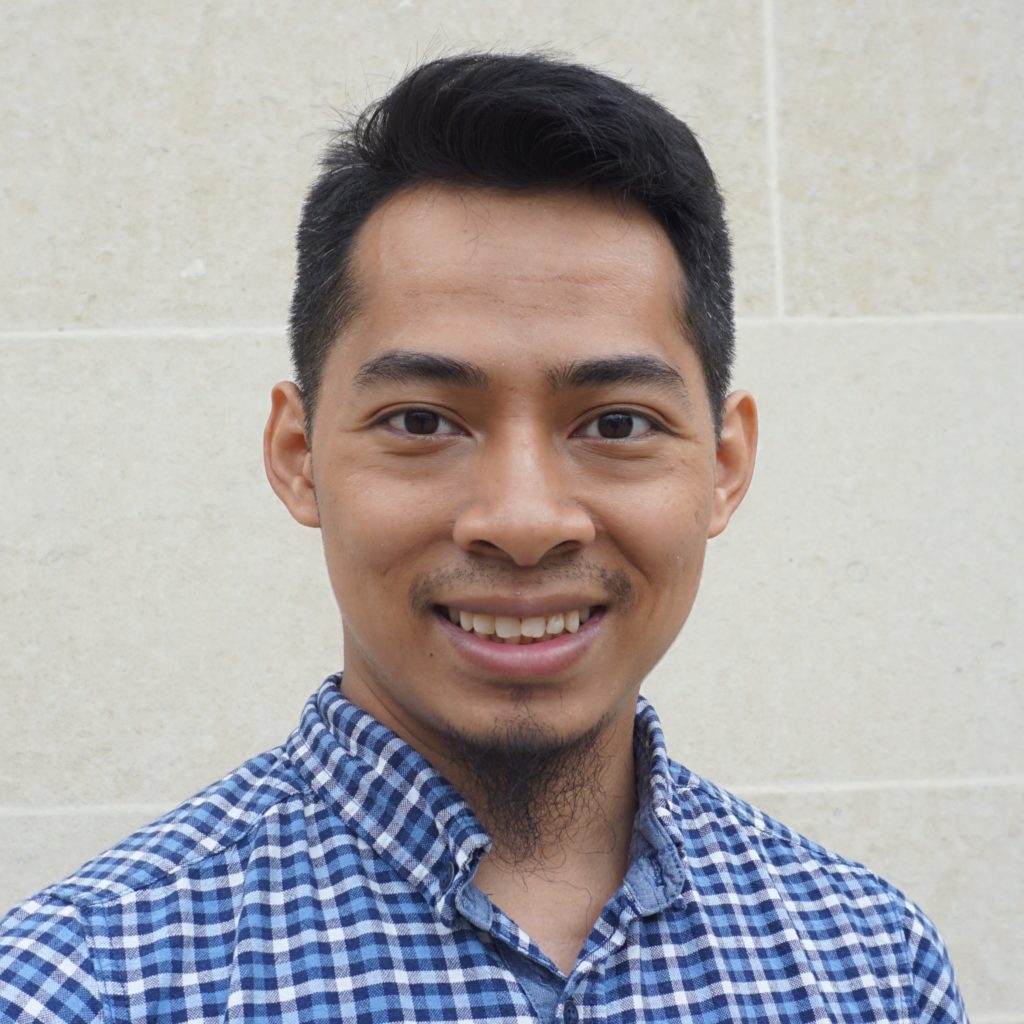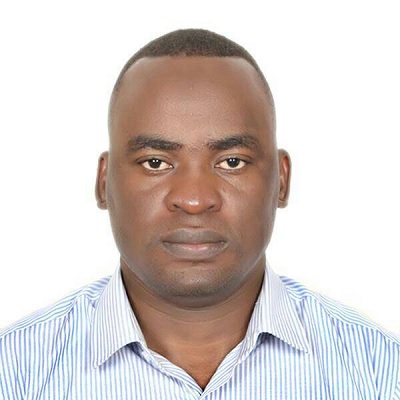PRG Fellows

Mukhlish Jamal Musa Holle
Kolaborasi Inklusi Konservasi (KONKLUSI), Indonesia
Biography: Jamal is a researcher who studies the agriculture-forestry-climate nexus. He is interested in promoting environmental sustainability and conservation through evidence-based policy interventions focusing on the agriculture sector in the biodiversity-rich tropical region. He is a faculty member at the Biology Department of Gadjah Mada University and a co-founder of KONKLUSI, an Indonesia-based conservation organization. He holds an MBA from Quantic School of Business and Technology and is currently pursuing a PhD in biology at the University of Oxford.
Project Description: Agriculture is the major driver of deforestation and the largest contributor of greenhouse gas emissions in Indonesia. While sustainable agriculture practices provide a path for people in the sector to reduce the harmful environmental impacts of their activities, the adoption of such practices remains lacking. By focusing on tropical agribusinesses, this research seeks to identify barriers preventing the adoption of sustainable agriculture practices and test the effectiveness of an intervention designed to encourage the application of these practices.

Ambaliou O. Olounlade
Centre d'Actions pour la Sécurité Alimentaire et le Développement Durable (CASAD), Benin
Biography: Ambaliou is an agricultural economist and the Executive Director of CASAD, a think-and-do tank based in Benin that works on climate change mitigation and adaptation to improve food and nutrition security and reduce poverty in the most vulnerable communities. He combines research, policy, and local action to develop a better policy for the good natural resources governance in Benin. He has published widely in refereed peer-reviewed journals. He holds a PhD in agricultural economics from Huazhong Agricultural University.
Project Description: Along Benin’s coast, rural communities rely heavily on mangrove forests for firewood, particularly for artisanal salt production, leading to widespread deforestation. This project evaluates an innovative two-pronged approach to mangrove conservation: working with local religious leaders to sanctify nearby mangrove forests while providing subsidized cookstoves and eco-fuels to salt producers. By combining norm-based conservation with tangible economic alternatives, the program aims to protect vital ecosystem services without compromising local livelihoods. We hope to conduct an RCT to assess how this integrated approach affects both environmental outcomes and economic well-being in Benin’s coastal communities.